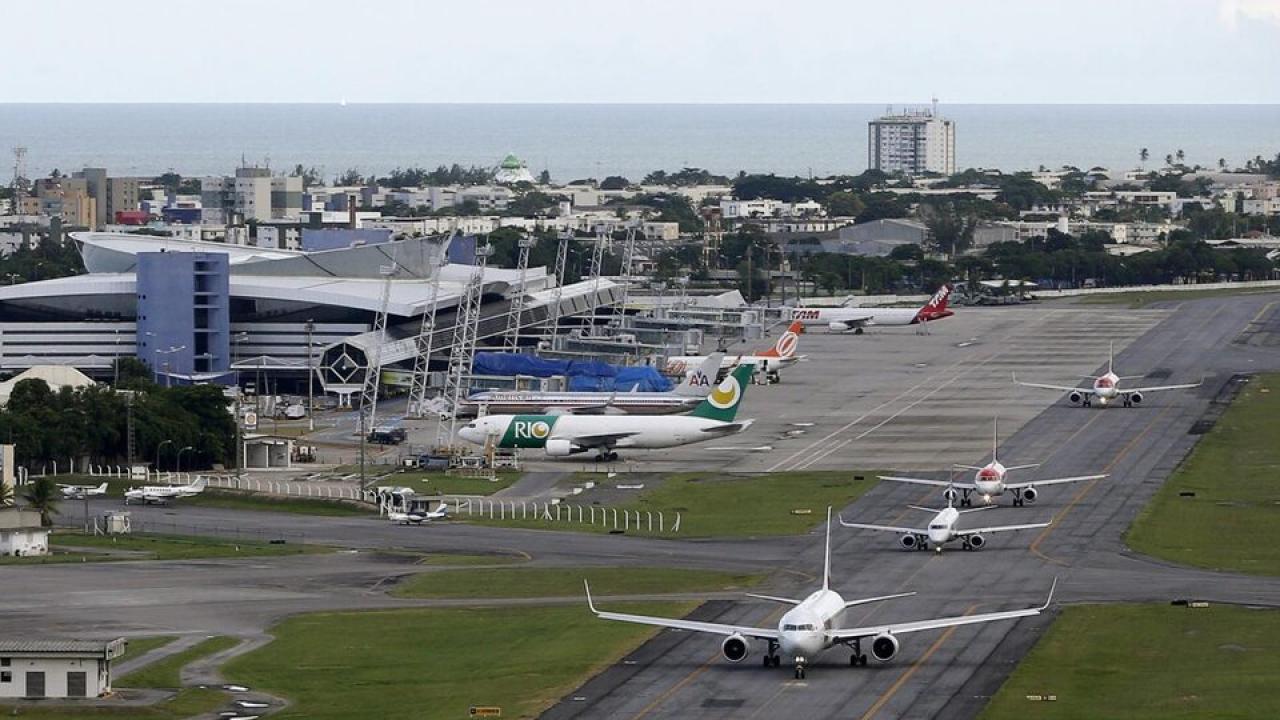
The program is executed by Embratur, the government institution for the promotion and support of the marketing of Brazilian tourist destinations, services and products, with resources from the National Civil Aviation Fund (Fnac).
The Government of Brazil has made official this Wednesday the launch of the International Tourism Acceleration Program through its publication in the Official Gazette of the Union , which has the objective of creating a public-private partnership with airlines and airports to increase the number of seats and international flights to Brazil.
This program invites airlines and airports (in association with companies) to launch new international flights to Brazil and present investment proposals to promote these new flights, with actions such as advertising campaigns in the country of origin of the flights and trips. promotional events with journalists, digital influencers and foreign tour operators at the flight destination, among other possibilities.
The program is executed by Embratur (the government institution for the promotion and support of the marketing of Brazilian tourist destinations, services and products), with resources from the National Civil Aviation Fund (Fnac) in collaboration between the Ministries of Tourism and Ports. and Airports.
In this first phase, testing and adaptation of the new flight attraction tool, the planned investment is at least 7 million reais (US$ 1.3 million), half of which will be paid for with public resources.
ECONOMIC COUNTERPART
Thus, Embratur will finance part of the promotional actions for these new air routes. 40 reais (US$7.9) will be given for each seat on a new flight that lands in Brazil during the period between October 27, 2024 and March 29, 2025.
To claim the resource, the company must guarantee the growth of the airline network, compared to the 2023/2024 season, and the resources will be linked to the new seats. The program also establishes criteria that favor flights that depart from countries considered strategic markets, because they already send a large number of tourists to Brazil or because they are large international emitters.
This is the case, for example, of Germany and China, the second and third largest source of tourists in the world, but which only occupy the eighth and twentieth position among those who visit Brazil the most, respectively.
In 2023, more than 60% of German tourists who visited Brazil did so on flights with connections to other European countries, highlighting the low connectivity with this country. For their part, flights from China to Brazil will not resume until May of this year.
As a way to induce the expansion of connectivity between the largest number of countries, with direct flights to different destinations in Brazil, proposals for the creation of routes that take off from airports that do not have direct flights to Brazil will also have the privilege of participating in the program.
The greater frequency of weekly flights is also valued, as well as the convenience of arrival and departure times, with a preference for the interval between 9 a.m. and 6 p.m., which is more attractive for tourists arriving in the country.
Finally, proposals that use more modern aircraft, which emit less carbon into the atmosphere, and companies that have signed agreements to achieve the Sustainable Development Goals (SDG) of the UN Agenda 2030, with sustainability policies, will be better positioned. and environment.
16% GROWTH IN INTERNATIONAL TOURISM
The Minister of Ports and Airports, Silvio Costa Filho, participated in the launch ceremony, in which he highlighted that Brazil has a great window of opportunities with the international market.
Costa Filho has also pointed out that Brazil is experiencing a moment of strengthening the restructuring of Brazilian aviation. "We have a volume of investments in the next 4 years, 5 years, of almost 10,000 million reais (US$ 1,987 million). This will be fundamental for Brazil," he stated.
The expectation is that Brazil will grow around 16% in international tourism this year. "With programs like this we want to bring flights and international tourists to visit Brazil. Each visitor is synonymous with the generation of opportunities for the people of our country," said the minister.
Along these lines, the president of Embratur, Marcelo Freixo, has pointed out that international tourism in Brazil is intrinsically associated with a market factor, which is air connectivity.
"The growing international interest in getting to know Brazil is of no use if there are no direct flights or short connections, at a competitive price. With this program, we adapt the best international practices to our reality to attract new flights," he argued.










